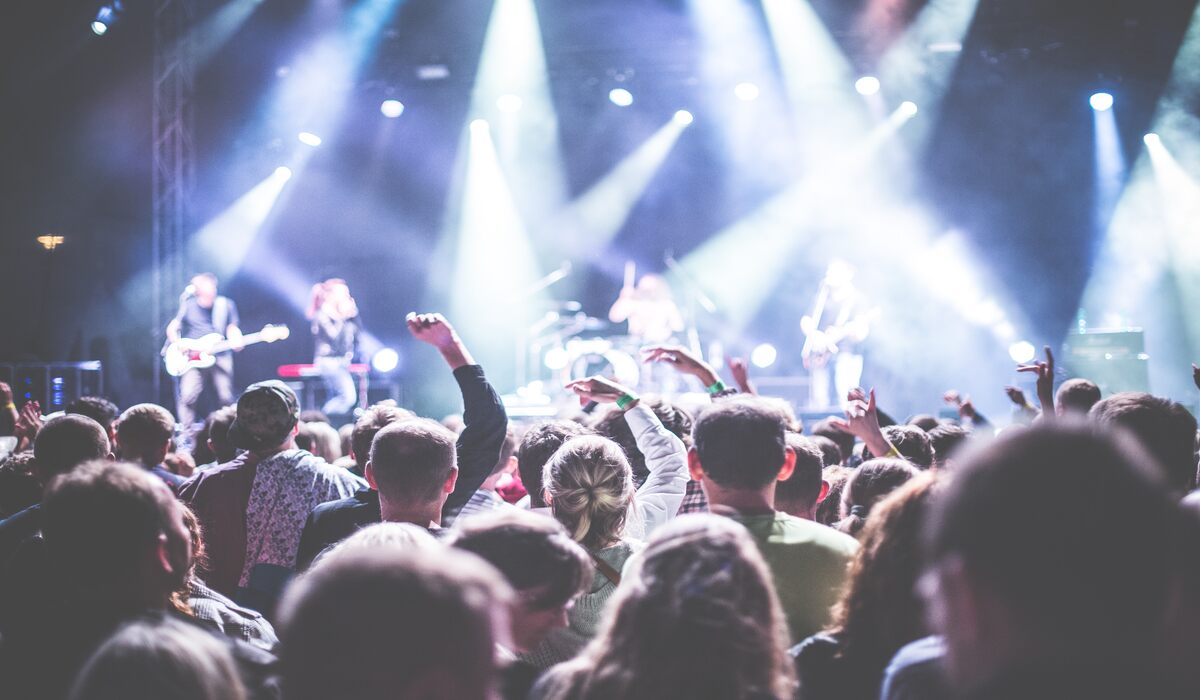Table of Contents
Classical music, with its blend of sound, silence, and rhythm, creates a powerful connection between musicians and listeners. In the midst of urban growth, this art form offers unique cultural richness, shaping city life and fostering community bonds.
Bridging Cultural Divides through Musical Dialogue
In today’s increasingly globalized world, cities converge diverse cultures living side-by-side with varying levels of interaction.
While some differences might foster tension between communities from varying backgrounds, classical music has an unparalleled potential to bring people together despite these barriers.
This genre boasts a universal language that transcends linguistic and cultural divides
As a result, classical concerts function not only as entertainment but also as spaces where diverse audiences engage in meaningful dialogue both intellectually and emotionally.
An Inspirational Force behind Urban Innovation
At the heart of intellectual, scientific, and artistic revolution for generations, classical music, embodied in the masterpieces of icons like Mozart, Beethoven, and Bach, has spurred human imagination and soul.
This art form, especially potent in bustling cityscapes, serves as a dual force—fueling creativity and reminding us of the enduring power of persistence.
Take Steve Jobs as an example. His deep admiration for Bach’s symphonies provided him fertile ground as he sculpted Apple’s innovative products. Equally, Albert Einstein often credited his imaginative exploration in theoretical physics to the classical melodies he strummed on his violin.
The capacity of classical music to foment novel ideas stems not merely from its complex harmonics and technique, but robustly from the fervor and commitment radiating from the performers who animate it.
Promoting Wellness in Urban Environments
The urban lifestyle is well-known for being fast-paced, hectic, and at times overwhelming. Amid this chaos, however, classical music contributes to personal well-being by serving as an emotional outlet accessible within city limits.
A multitude of scientific studies have linked listening to classical compositions with cognitive benefits such as increased focus, memory retention, reductions in stress levels.
Additionally, many cities host free public concerts or open-air performances with easy access to parks or other green spaces designed specifically for relaxation amidst busy surroundings. These moments offer city dwellers an opportunity to pause alongside fellow listeners and find respite within the beauty of sound.
Local Economic Growth through Music Festivals
Classical music festivals are popular cultural events hosted by numerous metropolitan centers worldwide; they attract visitors far beyond immediate city lines resulting in tourism boosts with local businesses benefiting directly from increased foot traffic.
In North America alone there are dozens such annual gatherings aimed towards celebrating this genre’s. Enduring beauty and resilience:
Tanglewood Music Festival (Massachusetts), Music Fest Perugia (Italy), the Grand Teton Music Festival (Wyoming) and countless others.
Each event showcases high-quality performances while fostering audience participation through various workshops, lectures, and discussions.
Even theosu.ca, which represents The Ottawa Symphony Orchestra, talks about how the orchestra promotes growth in their community by engaging with local businesses to soothe osu.capport events such as concerts and educational initiatives.
By establishing these collaborative partnerships, cities create increased opportunities for both economic and cultural growth.
Classical Music as a Tool for Urban Empowerment
Educational programs such as Venezuela’s El Sistema or Harlem’s Opus 118 provide free music education to underprivileged children in urban areas.
This potent act can transform lives by inspiring a sense of responsibility, dedication, aspiration. That reverberates not only with the individuals involved but across entire communities.
Another example is the Atlanta Music Project, an organization similarly striving to break socio-economic barriers in Atlanta’s impoverished regions through free lessons and performance opportunities offered by professional musicians.
Such narratives reveal how classical music can serve as a crucial bridge between populations otherwise overlooked amidst urban development.
Transforming Public Spaces in Unique Ways
Over recent years there has been an increasing movement towards reclaiming urban space for communal use or artistic expression.
Enterprising classical musicians have held impromptu “flash mob” performances where unassuming pedestrians gather around them with excitement. By changing a daily routine into an unforgettable encounter into uplifting musical theater.
For instance, Toronto’s Union Station was transformed into an impromptu concert hall when professional violinists disguised themselves among commuters before launching into Ravel’s “Bolero.”
Similarly, The Philadelphia Orchestra surprised residents amid their Reading Terminal Market visit with Beethoven’s Symphony No. 5 resounding throughout the halls.
By bringing classical music into unconventional contexts. These refreshed engagements foster an intimate connection between musicians and audiences transcending the typical barriers associated with traditional concert settings.
At The End of the Day
Classical music enriches city life by fostering human connection, innovation, wellness, and social empowerment. Its beauty offers a welcome break from urban hustle. So, next time you encounter a classical performance in the city. You must join it and see how it spits out harmony into the surroundings.


